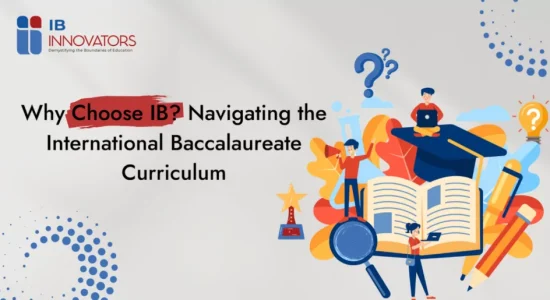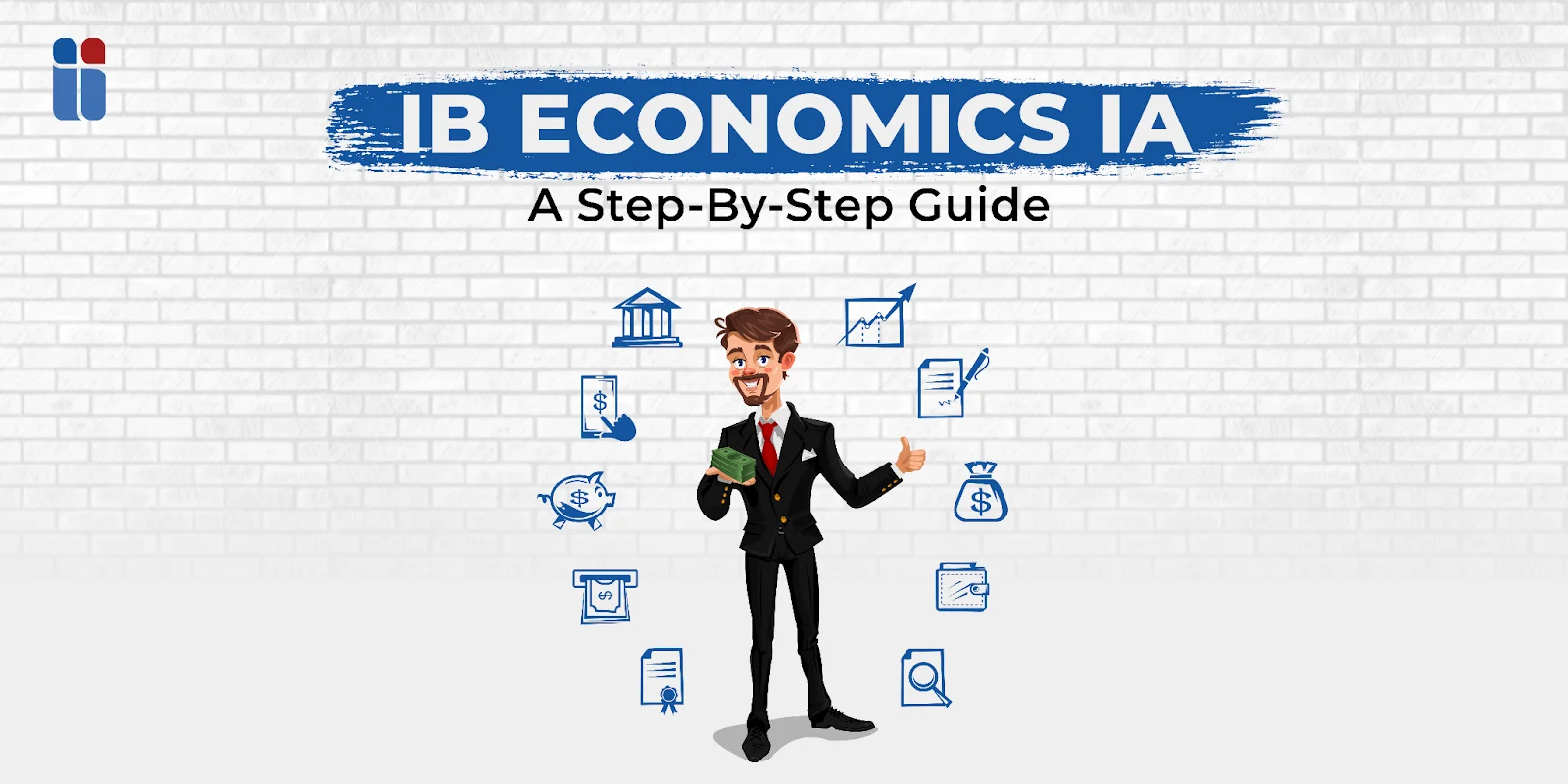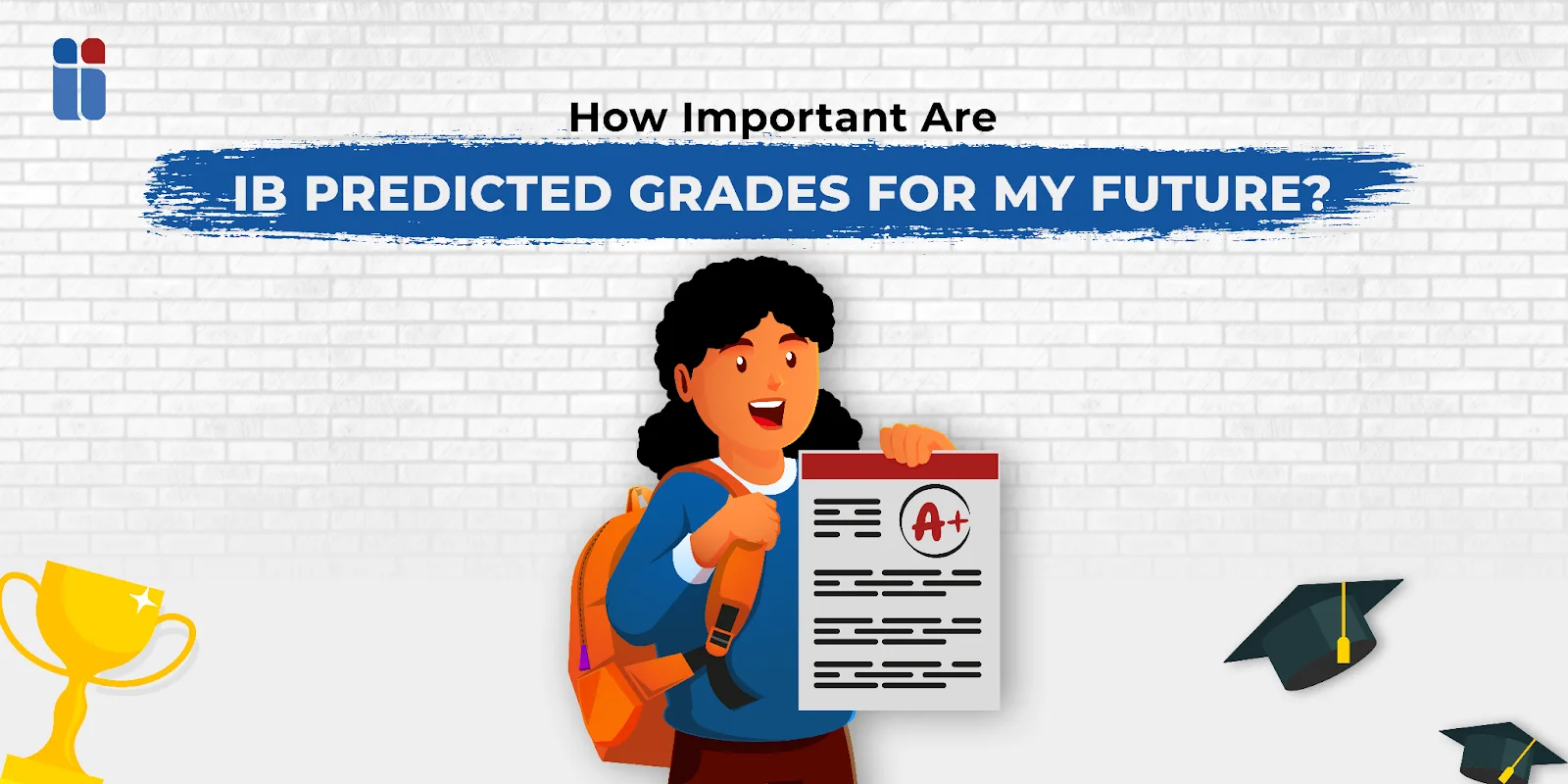In the twenty-first century, choosing the right curriculum for your child is more crucial and challenging than ever, given the rising competition and numerous options available.
Do you know why the International Baccalaureate (IB) curriculum has become a leading choice in education worldwide?
Let us tell you!
The IB curriculum is making a significant impact across the globe. With its influence spanning over 160 countries and more than 8,000 programs available in over 5,800 schools as of June 2024, the IB is shaping the future of academic excellence on a global scale.
The IB curriculum stands out because of its unique blend of rigorous academics, personal development, and a global perspective. But what exactly sets the IB apart in today’s increasingly interconnected world?
Let’s dive deeper.
By the end of this blog, you’ll clearly understand why the IB is a top choice for students who aim to make a global impact.
Get in touch with us for IB tutoring and ace your IBDP exams with IB Innovators Expert Tutors!
What is the IB Program?
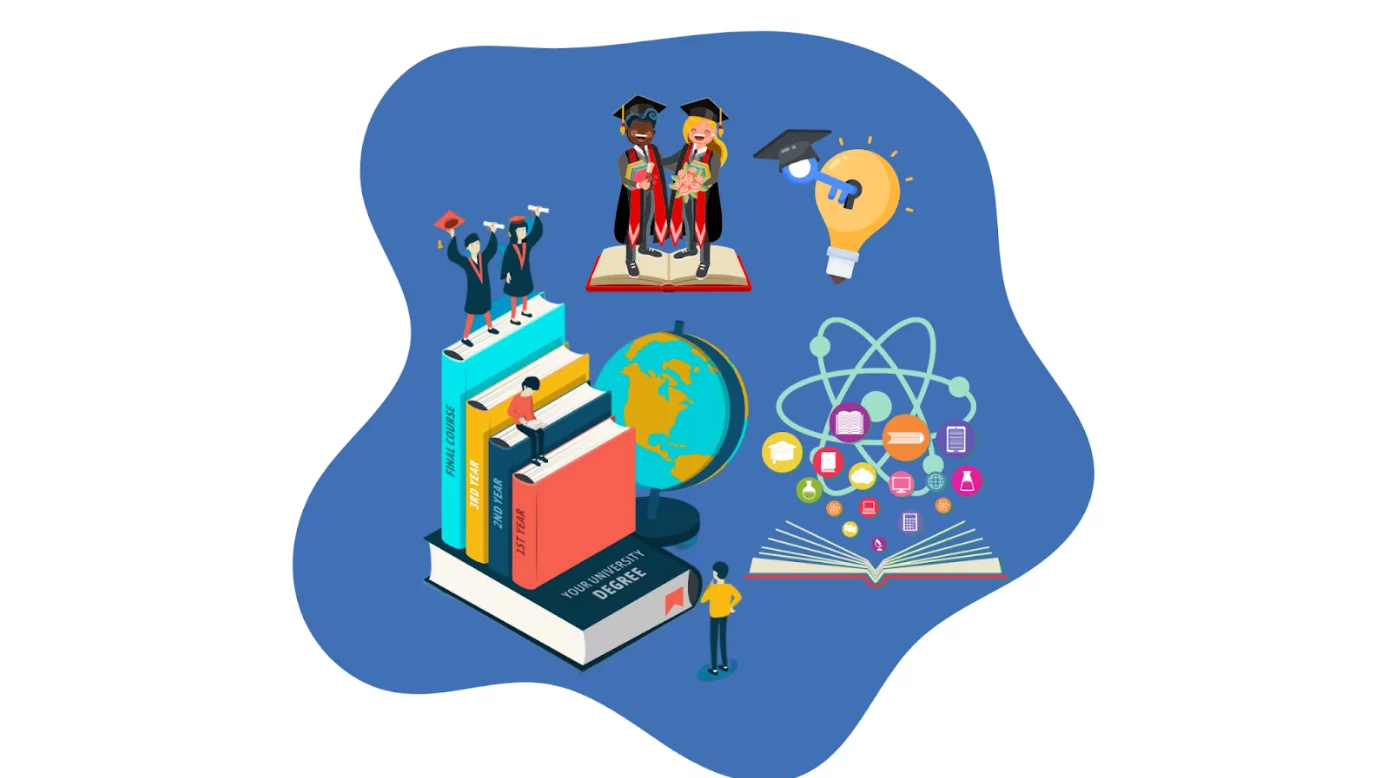 The International Baccalaureate (IB) is a global educational program that aims to develop well-rounded students with strong academic, social, and emotional characteristics.
The International Baccalaureate (IB) is a global educational program that aims to develop well-rounded students with strong academic, social, and emotional characteristics.
Founded in 1968 in Geneva, Switzerland, it provides four educational programs to over 1.95 million students aged 3 to 19 worldwide.
These programs can be implemented individually or as a comprehensive continuum of international education.
These four distinct educational tracks are as follows:
The IB offers four educational programs, each with a unique focus but all promoting international-mindedness and the IB learner profile:
| Primary Years Programme (PYP) | Middle Years Programme (MYP) | Diploma Programme (DP) | Career-related Programme (CP) |
| For ages 3 to 12, this program supports overall child development through six global themes that integrate different subjects. | For ages 11 to 16, it connects classroom learning to real-world situations using six global contexts. | This two-year program for ages 16-19 prepares students for university with six subjects and a core focus on the Theory of Knowledge (TOK). | For ages 16 to 19, this program combines DP courses with career-related studies and includes the Personal and Professional Skills course to prepare students for the workplace. |
Each program ends with a major project: the PYP exhibition, the MYP personal or community project, the DP extended essay, and the CP reflective project, helping students showcase their learning.
The IB is known for its challenging curriculum that emphasizes critical thinking, intercultural understanding, and diverse perspectives.
Why IB Program?
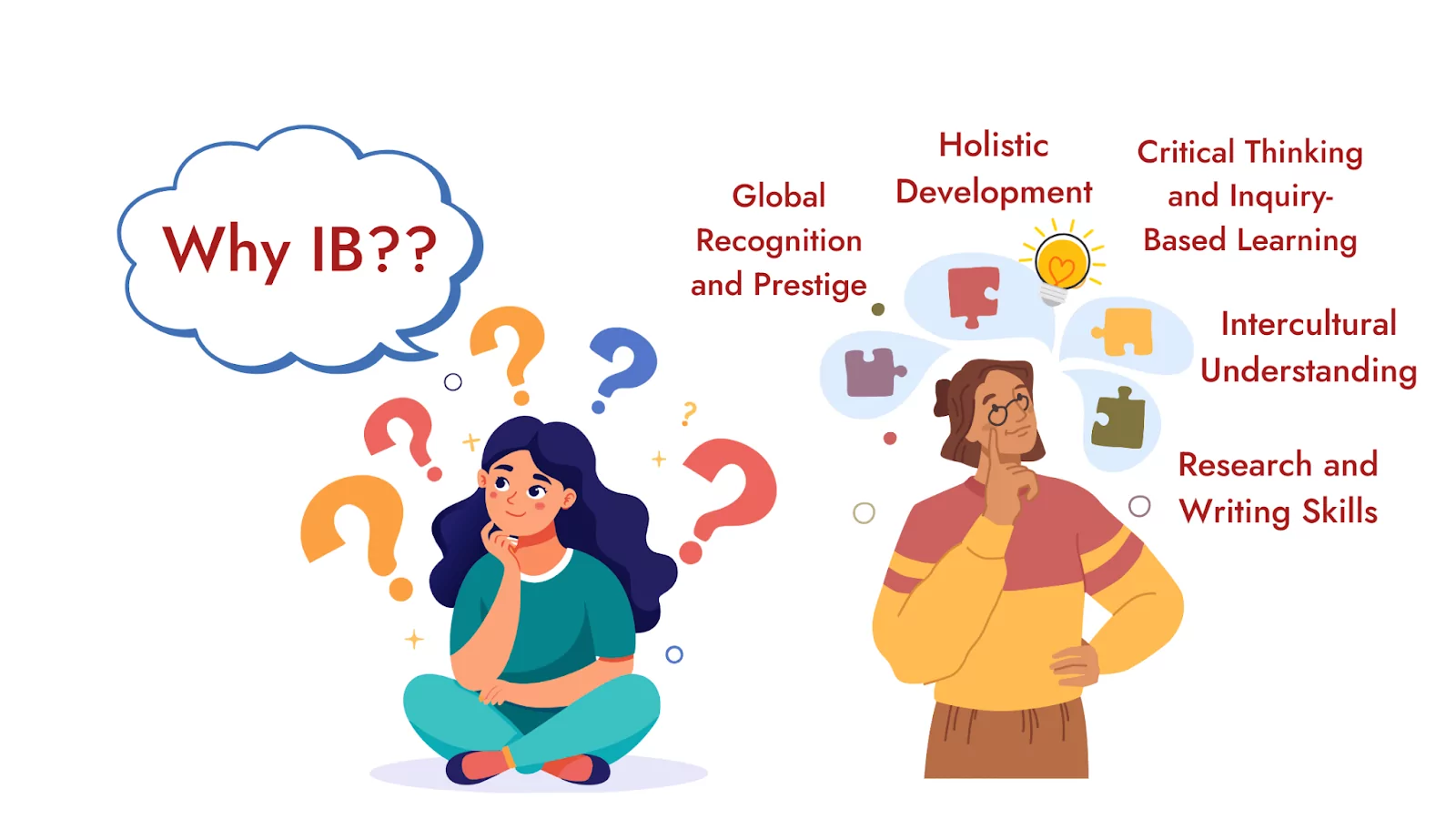
Choosing the right educational path is crucial for a student’s academic and personal development. The IB program stands out for several reasons:
1. Global Recognition and Prestige
Universities around the world recognize the IB diploma as a mark of academic excellence. Students who complete the IB program often have a competitive edge in university admissions.
Top universities highly regard the IB diploma due to its rigorous assessment and the development of skills that are essential for success in higher education.
2. Holistic Development
The IB program is not just about academics; it also emphasizes personal development.
The curriculum includes a focus on creativity, activity, and service (CAS), which encourages students to engage in artistic pursuits, physical activities, and community service.
This holistic approach ensures that IB students develop into well-rounded individuals with strong character and a sense of social responsibility.
3. Critical Thinking and Inquiry-Based Learning
The IB program places a strong emphasis on critical thinking and inquiry-based learning. Students are encouraged to ask questions, explore various perspectives, and develop their own informed opinions.
This approach fosters independent thinking and equips students with the skills needed to navigate the complexities of the modern world.
IB students are trained to think critically and creatively, which helps them to excel in both academic and real-world settings.
4. Intercultural Understanding
The IB program is inherently international, and students are exposed to a global perspective.
The curriculum includes content from various cultures, and students are encouraged to understand and respect different viewpoints.
This intercultural understanding is essential in today’s interconnected world and prepares students to be global citizens.
5. Research and Writing Skills
One of the key components of the IB program is the Extended Essay (EE), a 4,000-word research paper that requires students to conduct independent research on a topic of their choice.
This experience not only strengthens research and writing skills but also prepares students for the demands of university-level academic work.
The IB Curriculum: A Roadmap to Success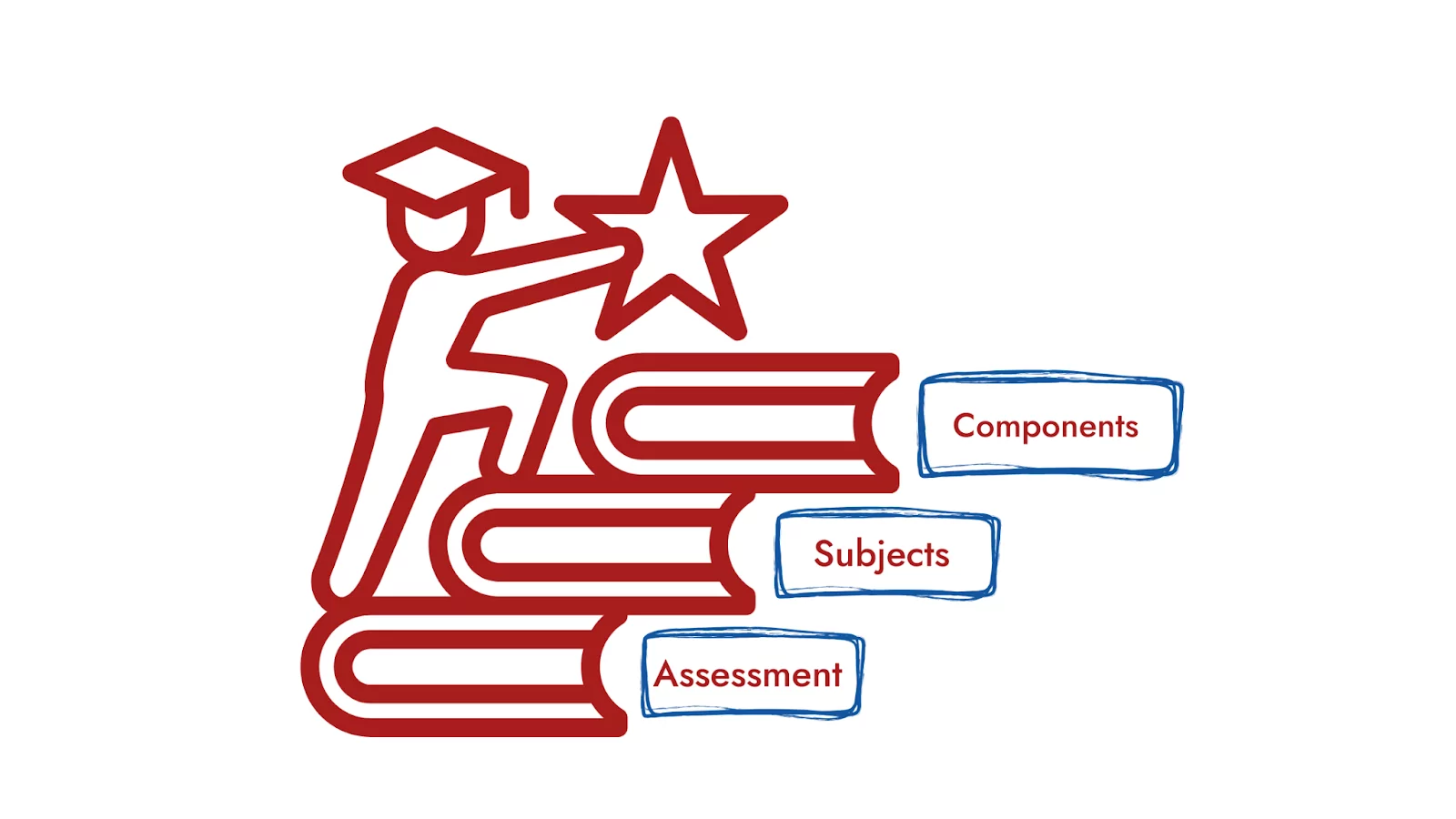 The International Baccalaureate (IB) curriculum is a globally recognized educational framework designed to develop well-rounded, critical thinkers
The International Baccalaureate (IB) curriculum is a globally recognized educational framework designed to develop well-rounded, critical thinkers
The IB curriculum is designed to be challenging yet rewarding. It provides a comprehensive education that prepares students for success in university and beyond.
The Core Components of the IB Diploma Programme.
1. Theory of Knowledge (TOK):
This interdisciplinary course challenges students to reflect on the nature of knowledge and how we know what we claim to know.
TOK encourages critical thinking and helps students to make connections between different areas of knowledge.
2. Extended Essay (EE):
As mentioned earlier, the EE is a 4,000-word research paper that allows students to investigate a topic of personal interest.
This component fosters independent research skills and prepares students for the demands of higher education.
3. Creativity, Activity, Service (CAS):
The CAS component encourages students to engage in extracurricular activities that involve creative thinking, physical activity, and community service.
This helps to develop a balanced and well-rounded student.
The Six Subject Groups
Students in the IB Diploma Programme choose courses from six subject groups, ensuring a broad and balanced education. These groups include:
1. Language and Literature:
Developing strong linguistic skills and a deep understanding of literature.
2. Language Acquisition:
Learning a second language and appreciating another culture.
3. Individuals and Societies:
Studying subjects like history, economics, and geography to understand human behavior and societies.
4. Sciences:
Exploring the natural world through subjects like biology, chemistry, and physics.
5. Mathematics:
Developing mathematical skills and understanding their application in real-world contexts.
6. The Arts:
Encouraging creativity through subjects like visual arts, music, and theatre.
Assessment in the IB Program
Assessment in the IB program is rigorous and includes both internal and external evaluations.
Students are assessed through a combination of coursework, written exams, and oral presentations.
The assessments are designed to measure not only knowledge but also the application of that knowledge in various contexts.
The emphasis on critical thinking and problem-solving skills ensures that students are well-prepared for the challenges of university and beyond.
How to Choose the Best IB Courses
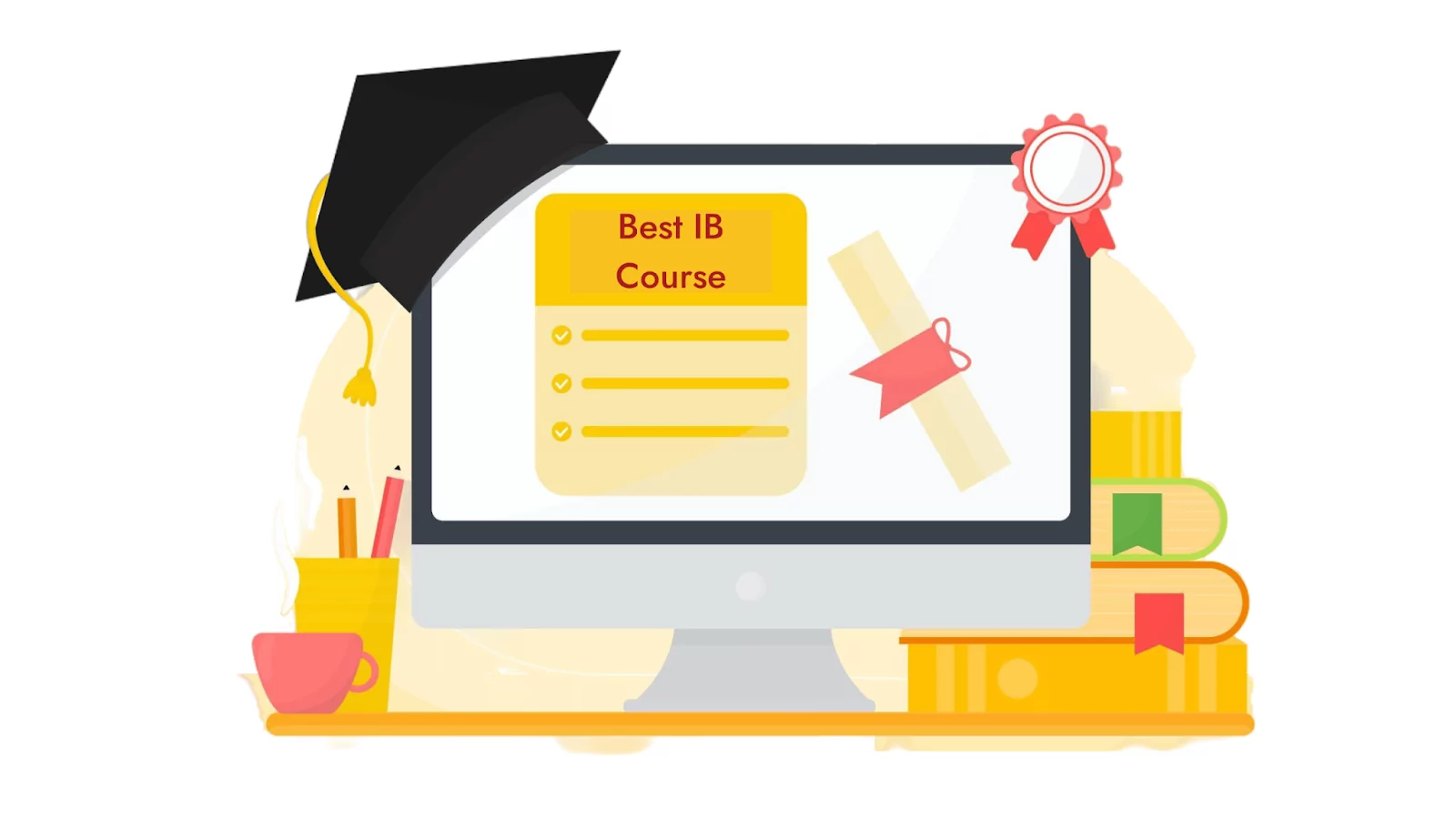
Selecting the right IB courses is a crucial step in ensuring success in the program.
Here are some tips for choosing the best IB courses:
1. Understand Your Interests and Strengths
Choose subjects that align with your interests and strengths. The IB program offers a wide range of subjects, and selecting courses that you are passionate about will make the learning experience more enjoyable and rewarding.
2. Consider Your University and Career Goals
When selecting IB courses, it’s important to consider your future university and career goals.
Some universities have specific requirements for certain programs, so it’s important to choose subjects that align with these requirements.
3. Seek Advice from Teachers and Counselors
Teachers and school counselors can provide valuable insights into the demands of different IB courses.
They can help you understand the workload and expectations of each course, ensuring that you make informed decisions.
4. Balance Your Workload
While it’s important to challenge yourself, it’s also important to maintain a balanced workload.
Consider choosing a mix of higher-level (HL) and standard-level (SL) courses that will allow you to excel academically while also enjoying the learning process.
5. Explore Your Passions
The IB program encourages students to explore their passions.
Don’t be afraid to choose courses that are outside of your comfort zone if they align with your interests.
The IB program is designed to challenge students and help them grow both academically and personally.
Final Thoughts
Choosing the International Baccalaureate (IB) curriculum is more than just selecting an educational program—it’s about embracing a philosophy of lifelong learning and global citizenship.
The IB’s emphasis on critical thinking, intercultural understanding, and personal development equips students with the skills needed to navigate an increasingly complex world.
By offering a balanced and rigorous education, the IB program not only prepares students for academic success but also fosters a sense of responsibility towards their communities and the world at large.
Whether you’re aiming for top-tier universities or seeking a holistic educational experience, the IB curriculum provides a robust framework that nurtures well-rounded, globally-minded individuals ready to make a meaningful impact.
FAQs
IB Innovators offers personalized one-on-one tutoring tailored to your child’s needs. Our experienced tutors support students in excelling across all IB subjects, whether they need help with Theory of Knowledge (TOK) or guidance on their Extended Essay (EE). We’re dedicated to helping your child reach their full potential.
Our tutors are either IB diploma graduates or certified IB educators, giving them deep insight into the IB curriculum. We offer customized lesson plans that focus on critical thinking and holistic development, ensuring students are well-prepared for both internal assessments and final exams.
Yes, our instructors provide expert advice on choosing IB courses that align with your child’s strengths and future goals. We help you make informed decisions, considering university requirements and career aspirations, to ensure a balanced and rewarding IB experience.
We focus on enhancing critical thinking and research skills essential for IB success. Our tutors guide students through complex topics, support them in research projects like the Extended Essay (EE), and help them develop strong arguments, preparing them for IB assessments and beyond.
Do you like what you read? Learn more about IB Tutoring on our blogs here.



